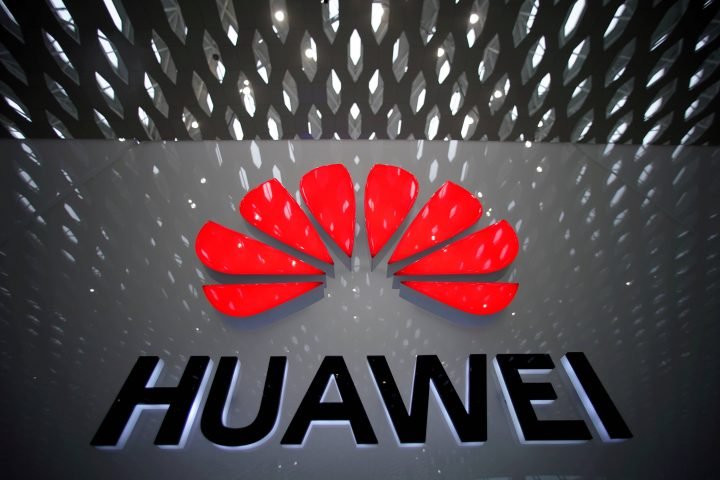[ad_1]

China on Wednesday demanded Washington stop “oppressing Chinese companies” after U.S. regulators declared telecom equipment suppliers Huawei and ZTE to be national security threats.
The Federal Communications Commission on Tuesday blocked the Chinese vendors from receiving subsidies from a government fund, stepping up efforts to limit their access to the U.S. market.
A foreign ministry spokesman accused Washington of “abusing state power” to hurt Chinese companies “without any evidence.”
“We once again urge the United States to stop abusing the concept of national security, deliberately discrediting China and unreasonably oppressing Chinese companies,” said the spokesman, Zhao Lijian.
U.S. regulators say Huawei Technologies Ltd., the biggest global maker of telecom switching equipment, and its smaller Chinese rival ZTE Corp. are controlled by the ruling Communist Party and say they might facilitate Chinese spying.
Huawei and ZTE deny the U.S. accusations. Huawei’s founder, Ren Zhengfei, said last year he would refuse official demands to reveal its customers’ secrets despite a law that obliges Chinese companies to co-operate with intelligence agencies.
The FCC said money from its $8.3 billion-a-year Universal Service Fund, which subsidizes equipment purchases for some carriers, may no longer be used to purchase Huawei or ZTE equipment.
The FCC “has designated Huawei and ZTE as national security risks,” said the agency’s chairman, Ajit Pai, in a statement. He said the companies “threaten our national security.”
The decision affects mostly small, rural carriers because major U.S. phone companies don’t use Chinese equipment.
The FCC had previously barred Huawei and ZTE from receiving other government subsidies.
Congress enacted a law in March that will provide up to $1 billion for carriers to replace Chinese-made equipment.
The Trump administration is lobbying its European and other allies to avoid Huawei as they upgrade to next-generation, or 5G, telecom networks.
[ad_2]
Source link
Dear readers, we really need your support to keep on serving you with authoritative, truthful, and juicy stories everyday. For your support, please reach out to the editor @gavelinternational66@gmail.com

